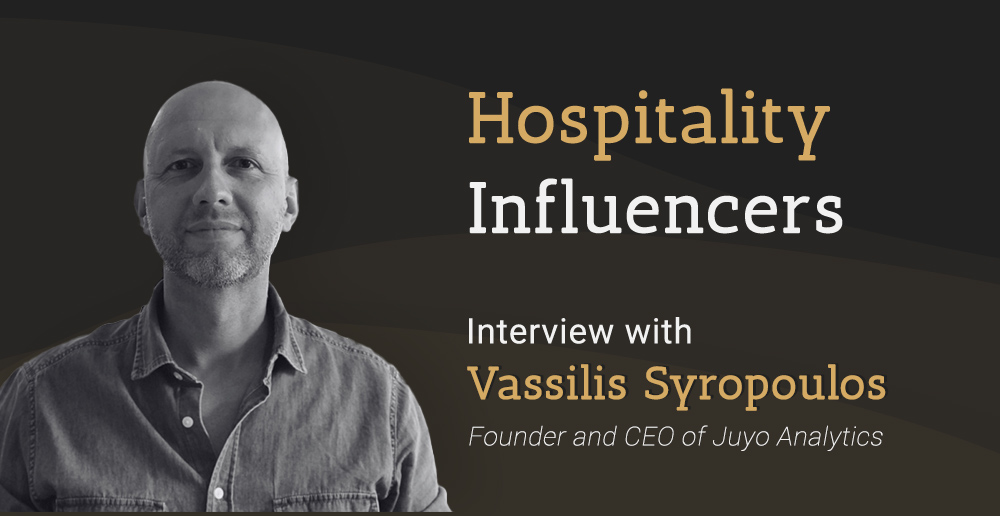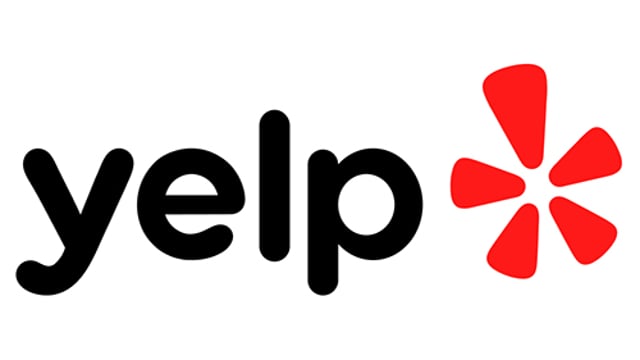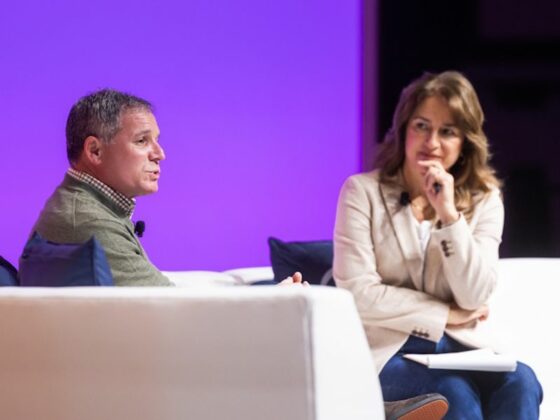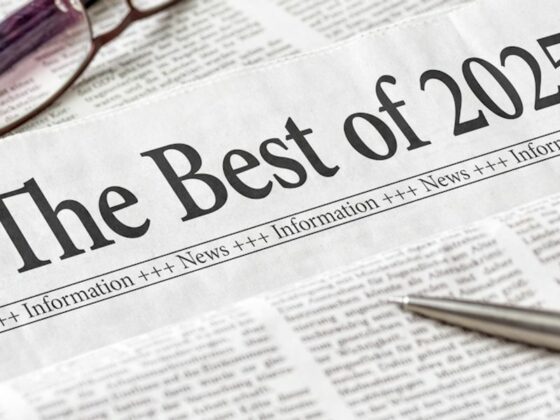
What was your first job in the hospitality industry?
My first job was as a receptionist. It lasted about a month until I moved. I took the position as a night auditor and then night manager. I especially loved my time as a night manager. I worked for almost two and a half years during the night. Working in those late hours is tough enough. Preparing manual night audit reports just adds to the constant exhaustion caused by night shifts.
There’s also a large margin of error. So I said to the team, let’s figure out how to automate all of this. This was back in 1999, so very early days of the modern computer industry. I suggested we find a way to export all that data and run some visual basic code. Then instead of spending three hours every night compiling everything, we could take turns napping.
That really was my pitch. Bill Gates said if you want to have a job done efficiently then you should ask a lazy person. So we did it and we automated everything. However, we didn’t take naps at the end.
What triggered you to start your company?
There was no real plan or strategy. There was no vision to take over the world and re-invent hotel analytics. Rather, it was the same idea that I had during these night shifts. I wanted to solve both my own and the team’s challenge of consolidating data in one place automatically instead of processing it manually. That concept was the driver. Juyo was born, and the platform was built for a few users – myself included.
What is the story behind your company?
Our company is based in Brussels. The company also has the particularity of being bootstrapped – meaning we have no investors. We started from a wait-and-see approach. Our strategy essentially consisted of just deciding to go to the next step and see if we could go for investment with venture capital.
I couldn’t understand the high-stakes “all or nothing” approach of venture capital. It seemed very risky to grow the company like that. This was a time when growth at all costs was the motto of Software as a Service. But I didn’t want to take a gamble. I wanted to build a small business that would help a few customers.
Meanwhile, it started becoming obvious to us that there’s a lack of sophisticated and customizable analytics on the market. Likewise, prospects liked what we were doing. So we owed it to the company to fulfill the promise of that potential. We lost 50% of our customers during covid. This left us with 45 hotels and an almost empty bank account. Since then we’ve grown to more than 1000 hotels on all continents. We’re still looking at continual growth as we move forward.
What does your company solve?
At Juyo Analytics, we centralize data from all of the critical systems, such as PMS, Finance, and Point of Sale, which is coming soon, and external data, such as pricing, reviews, market share, market demand, etc. We render it in a visual analytics platform, connect the dots, and personalize the output for everyone in the organization. We essentially take the data and provide one singular source of truth.
Our key differentiator is the sophistication of our analytics and our flexibility in building dashboards and analytics. We’re able to build and present them nearly from scratch and without needing a PHD to work with it.
What challenges did you face while developing and launching your technology? How did you overcome them?
The famous last words when our company launched: “How difficult can it be? Write a few integrations”. The hardest part is that we’re dealing with unknown unknowns. Sometimes the PMS product managers themselves don’t know how the data is computed and how the numbers they see have been generated. Likewise, the system specifications are often only technical rather than focused on business logic.
So getting 100% accurate data is really hard. This is by far the most challenging aspect. But we’re learning every day, improving, and working on a game-changing new way of building integrations.
Who were the people who have been the most helpful in getting you to where you are today? How did they impact your life and your success?
The most helpful, by far, is the team. The team’s dedication, resourcefulness, grit, and passion are amazing. I was the one doing support, product management, sales, and administration for far too long. All because there was nobody else, and in the early days, we didn’t have the budget to hire. In retrospect, I should have invested in a team earlier because I was burning myself out.
We currently have an amazing team. I consider most of them friends. But aside from that, a few people in my professional network stand out. The late Anders Nissen was the best leader I have ever worked with. I’m blessed to have been able to cross paths with Anders – he was amazing. Adriaan Kleingeld has been a tech partner and taught me to never, ever give up. I used to receive WhatsApp messages during the night – Vassilis, don’t give up. Aldert Schaaphok has taught me to be critical and to have independent thinking. But Aldert also taught me to stay up to date in hospitality concepts.
Jan Tissera has been an inspiration. I’ve known Jan for a long time, and few can juggle strategy and take deep dives into the finer details with such ease. Last but certainly not least, my friend Stowe Shoemaker. Stowe’s from UNLV and is a former professor of Revenue Management at Cornell. He’s a real inspiration and among my best friends. A lot of the analytics concepts that we develop in Juyo are inspired to a certain extent by his insights.
How do you balance the traditional touchpoints of hospitality with technology?
Early on, when the company was growing, it was obvious that a SAAS company wasn’t just selling software. It’s not only about the product. It’s about the way the product is delivered, it’s about the experience, the support, the partnership mentality. It’s the truth of who we are. Most of us at Juyo come from within hospitality. We’re doing our utmost, every day, to stay close to these hospitality values.
How do you stay up-to-date with the latest trends and advancements in the hospitality industry and technology? How do you incorporate them into your product roadmap?
Speaking to as many people as you can, about as much as you can, is probably the most important thing here, and the most important people to speak to are our customers. We conduct hundreds of customer interviews every year that informs how we see their needs and anticipate those needs evolving in the future.
We can then create a product roadmap that will meet the needs of our customers. This is combined with the vision we create for ourselves by cherry-picking things other people say about the industry — about trends, technology, or behavioral science. Putting those things together allows us to form our own vision about the future.
How will technology change the hospitality industry over the next five to ten years? Where do you see your company fitting into that future?
Technology enables increased productivity. In other words, we can do more with less. So, this is ultimately the main red line. You can manage more hotels with the same people, you can create more offerings, and you can run a more efficient operational model with the same or fewer resources. So the question is whether to expand revenue with the same resources. Or to perhaps leverage more resources more efficiently. Or to do the same, or more, but using less. New technologies generally have more leverage.
Excel is better than pen and paper, Analytics is better than Excel, AI is better than Analytics, etc… However, there’s a point when there’s no more efficiency to squeeze out, and then you need to think about creating new business models. But technology is the most powerful lever. And as Archimedes, said, “Give me a lever long enough and a fulcrum on which to place it, and I shall move the world.”









